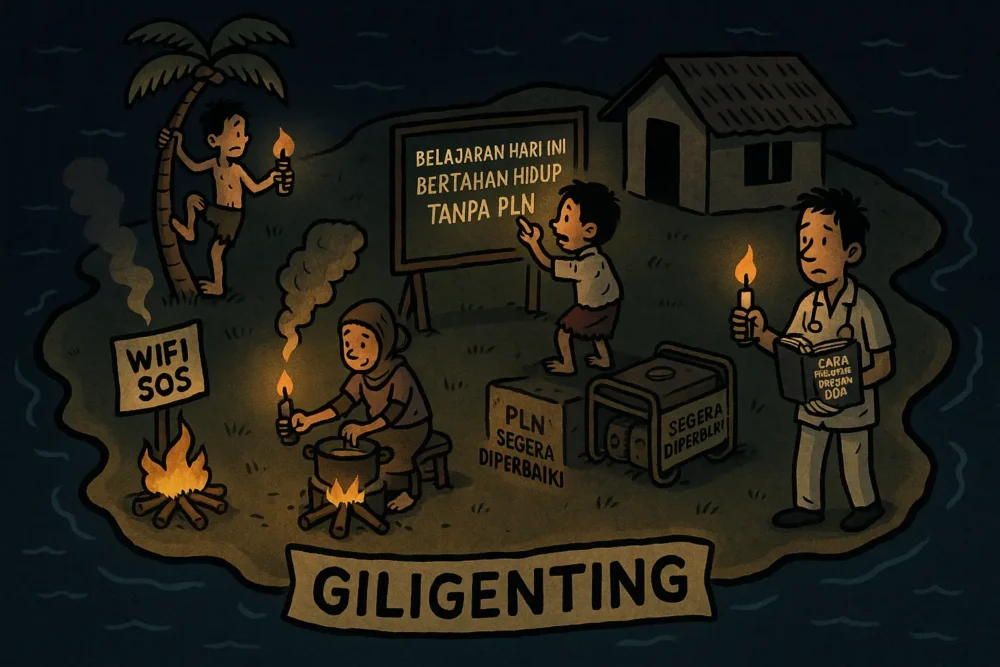jlk – Currently, there exists a group of individuals who opt to lead their lives without the framework of religion, known as atheists. However, what propels them to choose this path, considered controversial by some?
Many of them originate from strong religious backgrounds. For instance, babies born into devout Islamic, Christian, or other religious families. They are raised in environments where religious beliefs are an integral part of daily life. However, as time progresses, some begin to feel discomfort with the concepts taught by their religion.
Most journeys toward atheism commence with curiosity. Critical questions start arising in their minds. They begin to question the logic behind religious doctrines, the fairness in the belief system, and the existence of the revered God. This process isn’t easy, often conflicting with what has been taught since childhood.
For some, this journey demands courage to challenge existing norms and question everything deemed absolute truth. There’s a sense of relief when they break free from dogmas that restrict their thoughts and lives.
However, this doesn’t mean the journey is without challenges. At times, they face social pressure from family, friends, and society at large. In societies still deeply rooted in religious values, being an atheist can be a significant challenge. They’re often deemed as misguided, hated, or even scorned.
Nevertheless, they persevere. They seek answers in science, philosophy, and their own personal experiences. They find that the universe isn’t as bleak as depicted in holy books, that morality doesn’t have to stem from religious teachings, and that living without religious conviction doesn’t equate to a loss of meaning.
This phenomenon is increasingly permeating the modern world. Data indicates that the number of people choosing not to believe in God is on the rise. For instance, according to a 2019 Pew Research Center survey, about 26% of people in the United States identify themselves as non-religious. Even in European countries, this figure is even higher. In the Czech Republic, for example, around 70% of its population has no religious affiliation.
However, it’s crucial to note that atheism isn’t synonymous with hatred for religion or a lack of morality. Many atheists still respect others’ beliefs and live by strong moral values.
So, why do some choose the path of atheism? The answer is simple: because they find freedom in silence, truth in questioning, and meaning in life without dogma. For them, atheism is a liberating lifestyle choice, enabling them to live peacefully and happily without being bound by beliefs they deem irrational.
As an alternative, the journey to atheism exemplifies one’s courage and steadfastness in seeking a meaning of life that resonates with their own conscience.













